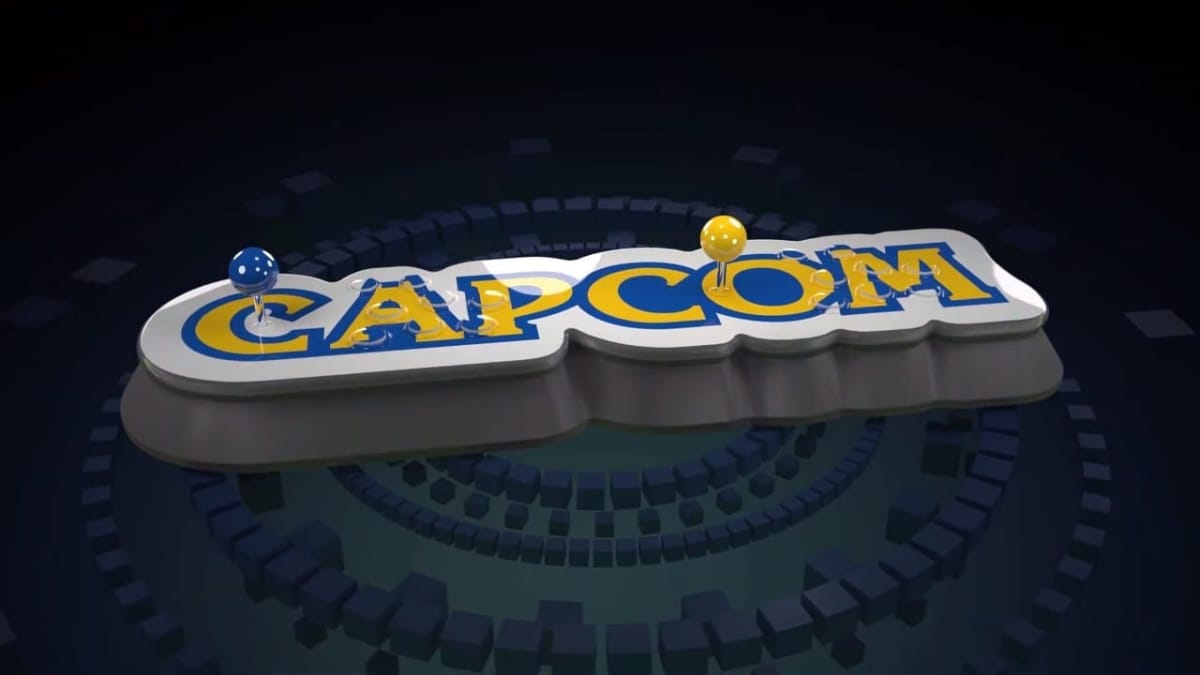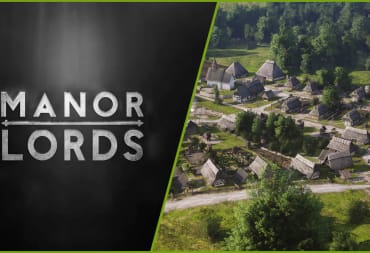What was supposed to be a product that celebrates Capcom's prolific past is now a device embroiled in controversy.
The Capcom Home Arcade is a console and arcade stick in one. It runs 16 different games from Capcom's arcade days, and it's the emulator within the console that has raised eyebrows. That emulator is called FinalBurn Alpha, commonly referred to as FB Alpha.
According to the software, FB Alpha "is an open-source project and it is programmed by a group of people known as the FBA Team." FB Alpha licensed the program for Capcom to use, but the emulator is created by a group of people.
Barry Harris, a developer of FB Alpha, composed a tweet the date of Capcom Home Arcade's announcement. In it, he stated that "FBAlpha has been licensed by Capcom Home Arcade."
Allegedly, this was licensed out unbeknownst to the rest of the FB Alpha team. Further issues arise when looking at the software's license agreement, which among other stipulations, states the following:
You may not sell, lease, rent or otherwise seek to gain monetary profit from FB Alpha.On a forum post containing several different developers for FB Alpha as well as enthusiasts, they appear to be unaware that it was licensed out and have not received monetary compensation for their work. In the thread, there is an ongoing debate on if they should separate themselves from Barry Harris and continue the development. If they were to fork the development, they would go with a new name, but discussion appears to lean towards keep at least the FinalBurn brand; however, so far nothing has been made official.
TechRaptor reached out to several parties to get all sides of the story and determine the legality of the matter. We did not receive responses from Capcom, Deep Silver, Barry Harris, and several members from the aforementioned forums. We also reached out to Zachary Strebeck, an attorney specializing in video game law. He was able to provide insight into the legal dilemma of this matter. A disclaimer: he notes that he does not want to comment on the liability of the matter; rather, he aims to provide some legal insight.
"I think that it's within the creator's rights to license the materials out under different terms to Capcom," said Strebeck, "even without the permission of the others. This is assuming that the copyrighted work created by the team is considered a "joint work" under copyright law."
Strebeck also says that being a creator of a joint work such as FB Alpha means you can license it out to third parties without needing to ask other creators. The profits gained from licensing it out would have to be shared among each creator, however.
"This is assuming there's no contract in place between the creators of FB Alpha," said Strebeck. "If there is, the terms of that contract (as far as ownership and usage/re-licensing to third parties goes) would control."
That being said, the main issue here is that there are numerous other licenses "nested" within FB Alpha, including MAME and the various others that are listed on the FB Alpha license agreement. Any licensee of FB Alpha, regardless of the deal made with the FB Alpha creator, would be beholden to those nested license terms. "
This is because FB Alpha uses code from MAME, another open-source emulator. "The MAME project is subject to it's own license," is written in FB Alpha's own agreement. Therefore, FB Alpha must adhere to MAME's license agreement as well.
Strebeck notes that MAME is licensed under the GNU GPL 2.0 license. He points out one section of GNU GPL 2.0, which reads:
You must cause any work that you distribute or publish, that in whole or in part contains or is derived from the Program or any part thereof, to be licensed as a whole at no charge to all third parties under the terms of this License."While this probably doesn't interfere with Capcom's ability to sell the product," said Strebeck, "if they're selling it to Capcom, that could be a violation of this and other underlying licenses."
There is a further issue around the fact that MAME used to be under a license that forbids commercial use. Depending on what code was used by FB Alpha, and if that code is still part of MAME after the change in license.
So far, Barry Harris hasn't tweeted or released any statement that we know of beyond the original tweet. There is still a discussion on the FB Alpha forums, but for now, the outcome of the matter appears embroiled in mystery.
"It's more of a lesson on when you're integrating open source software," said Strebeck, "you need to be very careful about the specific license terms of each. This could include the need to include a copy of the license, attribute authorship of the material, stick with only non-commercial use, or not modify the materials at all before distributing (or distribute any modifications under the same license)."
The Capcom Home Arcade is still set to release on October 25th, 2019. Right now the device is up for pre-order for €229.99.
What're your thoughts on this issue? Are you going to buy the Capcom Home Arcade? Let us know in the comments below!







